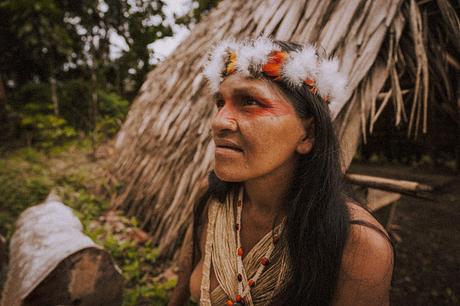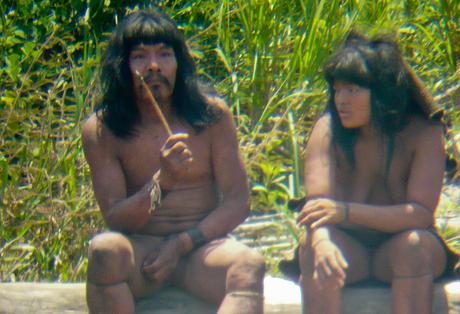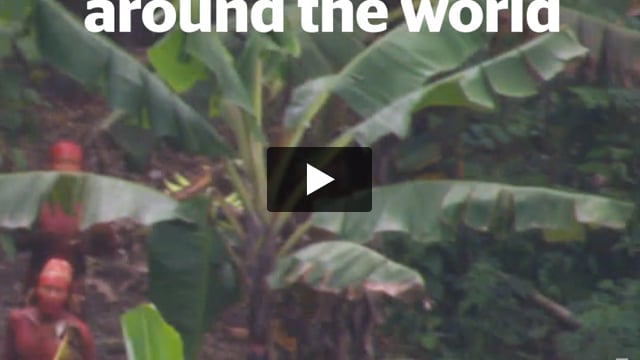Ecuador: International court creates precedent for protecting uncontacted peoples
April 14, 2025
 © Anka Maldonado/Yasunidos
© Anka Maldonado/YasunidosIn a first for an international court, the Inter-American Court of Human Rights found that a government violated the rights of uncontacted Indigenous peoples. The landmark ruling against the state of Ecuador was issued at the court based in Costa Rica on March 13. It creates a worldwide precedent for upholding the rights of uncontacted peoples.
The state of Ecuador is responsible for violating the rights of the uncontacted Tagaeri and Taromenane Indigenous peoples – including their rights to collective property, self-determination, a dignified life, health, food, cultural identity, a healthy environment, housing, life, judicial guarantees, and judicial protection, according to the ruling.
In 1999, after many delays, Ecuador created a territory off limits to outsiders for the Tagaeri and Taromenane known as the ZITT (Zona Intangibile Tagaeri and Taromenane). The court found that the state failed to protect the ZITT from invasions by third parties which “constituted a violation of their rights to a dignified life, health, food, cultural identity, a healthy environment, and housing.”
The 1999 ZITT also does not include all their territory. So, the court has now ordered the state to expand the ZITT to encompass all the land used by the highly mobile nomadic Tagaeri and Taromenane peoples, and to prevent oil exploration, logging and other extractive activities in the territory. It also ordered the government to form a commission to monitor the ZITT and to report back within one year.
The state ignored information on sightings of uncontacted people in the zones where oil activities were to be carried out, according to the ruling. And the state provided no evidence that measures were taken to ensure exploration activities would uphold the no-contact principle. This violated the Tagaeri and Taromenane’s right to collective property and self-determination.
The judgment underlines the importance of taking into account uncontacted peoples’ choice to be uncontacted and emphasizes that this choice must be guaranteed.
It affirms that the human rights of uncontacted peoples should be underpinned by the principle of no contact, and that their right to self-determination includes being uncontacted.
The court made clear that uncontacted peoples’ choice of no contact means their free, prior and informed consent cannot be obtained, saying, “The duty to consult then translates, into an obligation for the state to ensure that, in any project or decision that may affect them, the decision to maintain their isolation is taken into account, incorporating the precautionary principle…”
Kemperi, a Waorani shaman and neighbor of the uncontacted Tagaeri and Taromenane said in a statement to the court: “For us, living in contact with the cowode [non-Indigenous] world brought us problems. It brought us unknown diseases. We all got sick and some of us died. Eme died from the contact, so did my son-in-law Omaronke, my grandmother Guima, my niece Oyorne and others”.
For more information on uncontacted Indigenous peoples, see this page.




